
A Design Thinking, Systems Approach to Well-Being Within Education and Practice: Proceedings of a Workshop

news, new scholarship & more from around the world




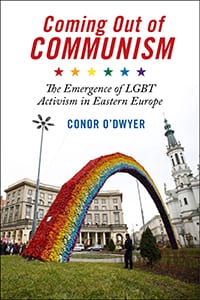

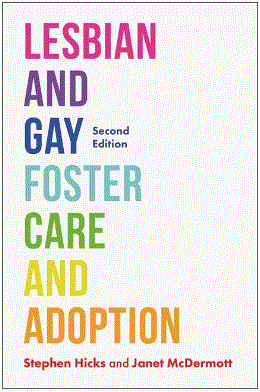


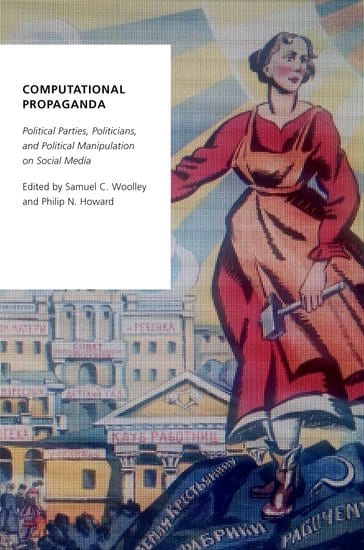

In reality, we are lost in a sea of information, increasingly divided by fundamentalism, simplistic narratives, conspiracy theories, and post-factual politics. Meanwhile, those in power use our lack of understanding to further their own interests. Despite the apparent accessibility of information, we’re living in a new Dark Age.
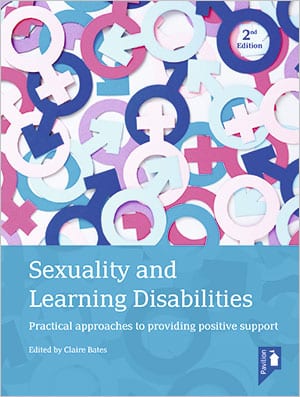

A discussion of Alisa Roth’s Insane:
America’s Criminal Treatment of Mental Illness

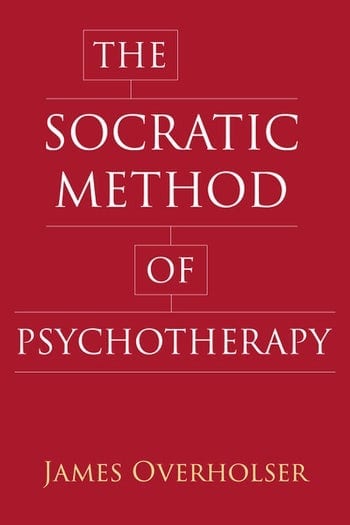



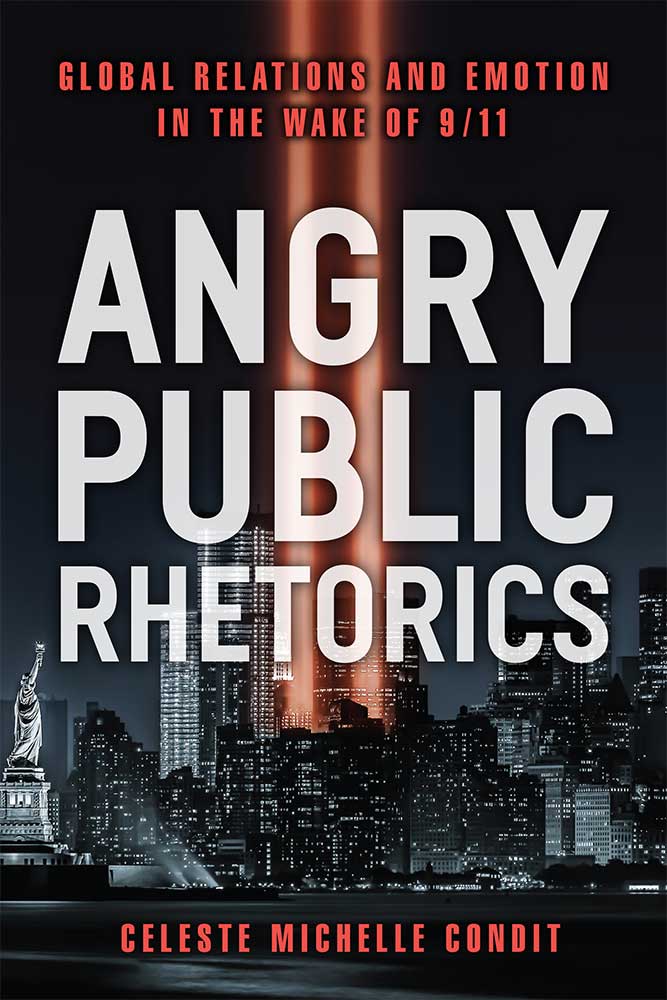
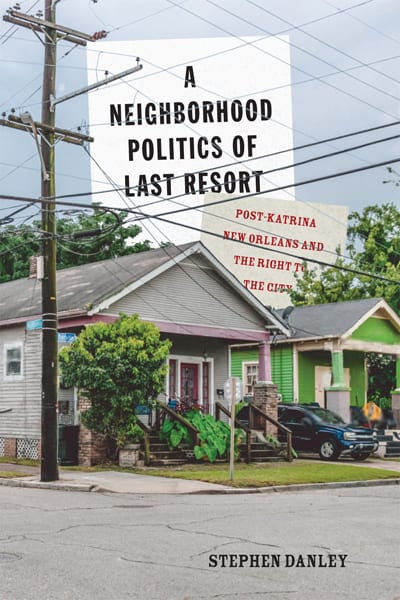


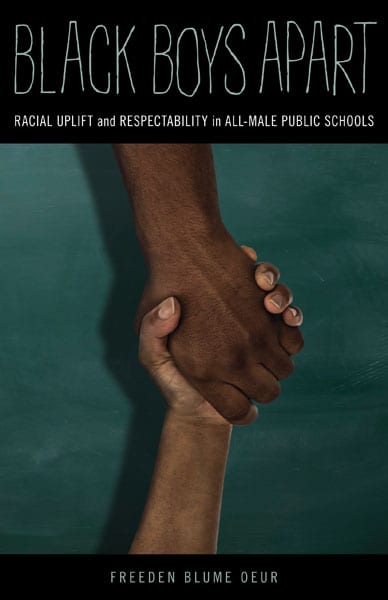
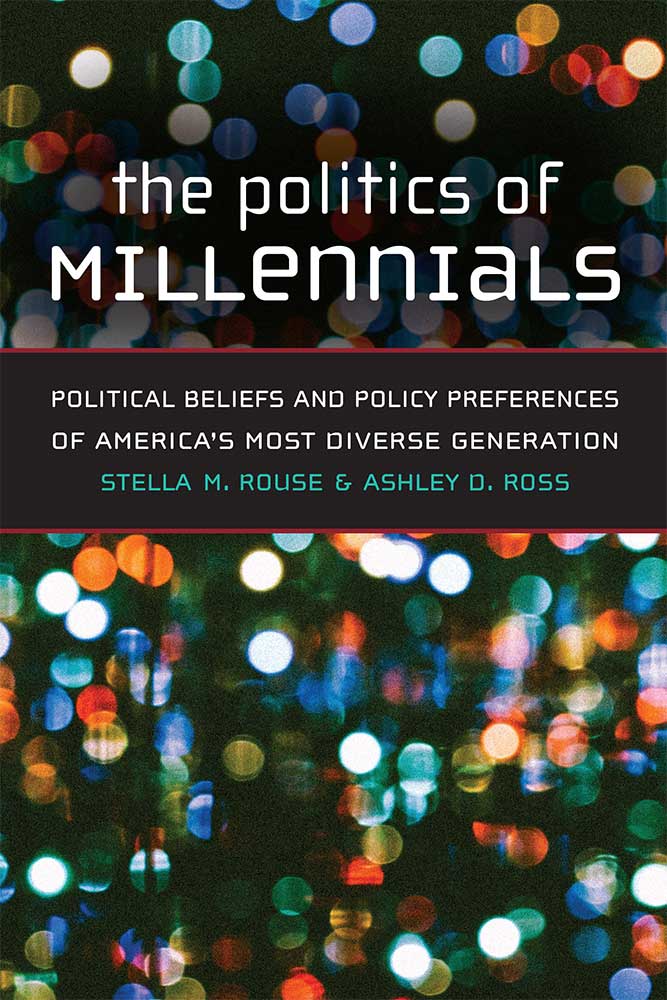
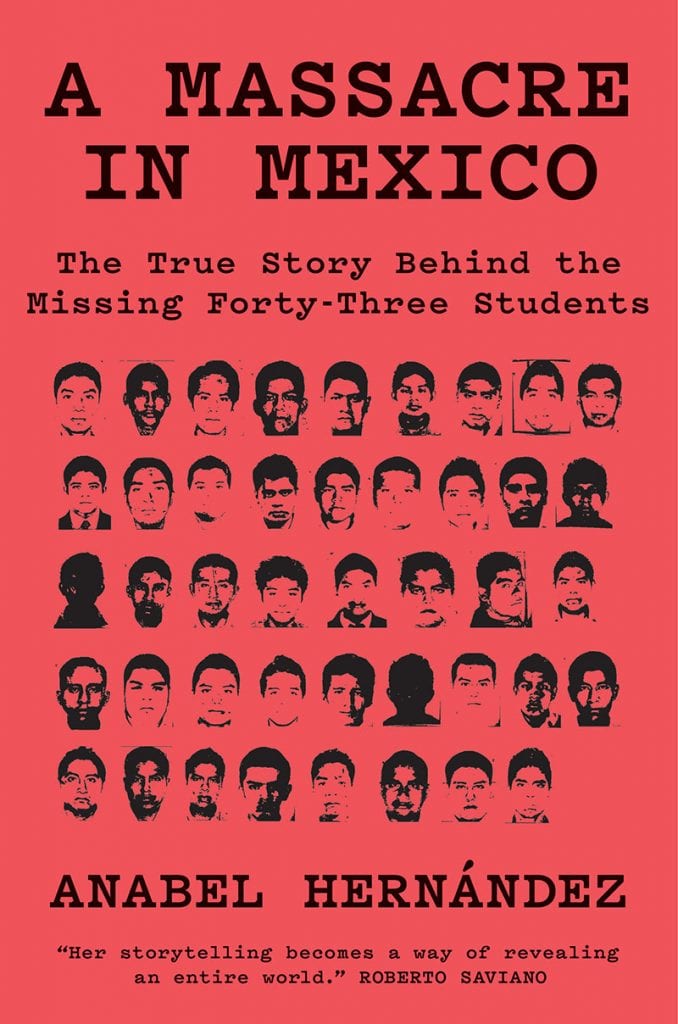

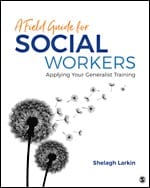


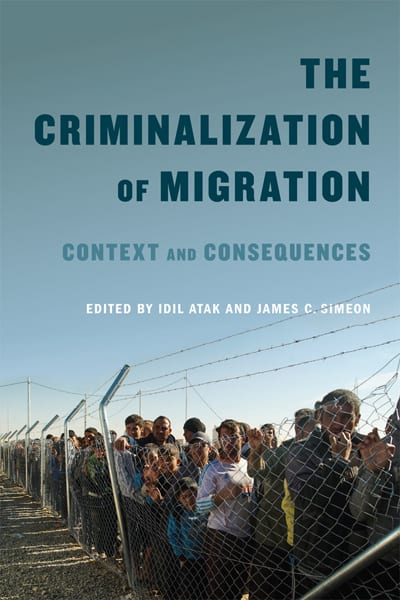
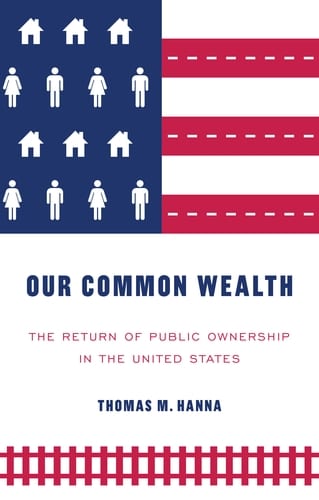
Public ownership is more widespread and popular in the United States than is commonly understood. This book is the most comprehensive and up-to-date analysis of the scope and scale of U.S. public ownership, debunking frequent misconceptions about the alleged inefficiency and underperformance of public ownership and arguing that it offers powerful, flexible solutions to current problems of inequality, instability, and unsustainability- explaining why after decades of privatization it is making a comeback, including in the agenda of Jeremy Corbyn’s Labour Party in Britain.
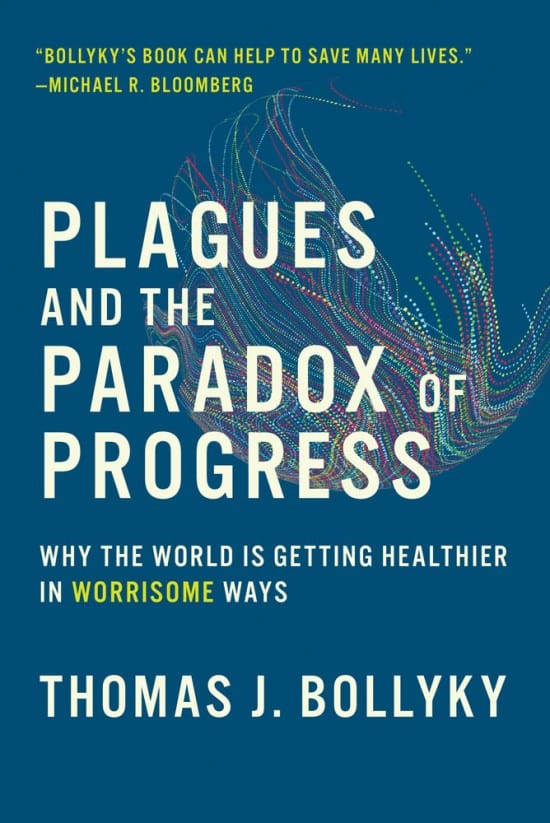
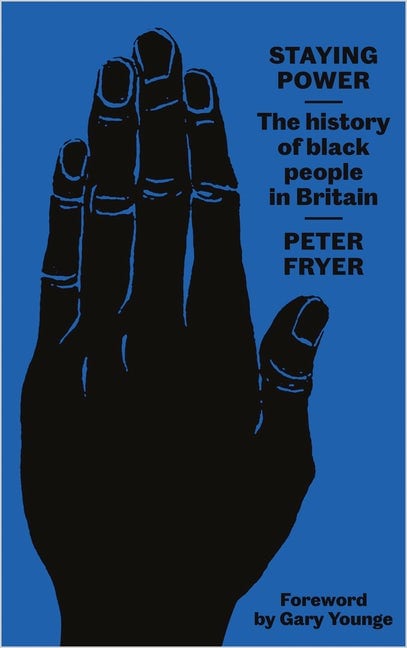

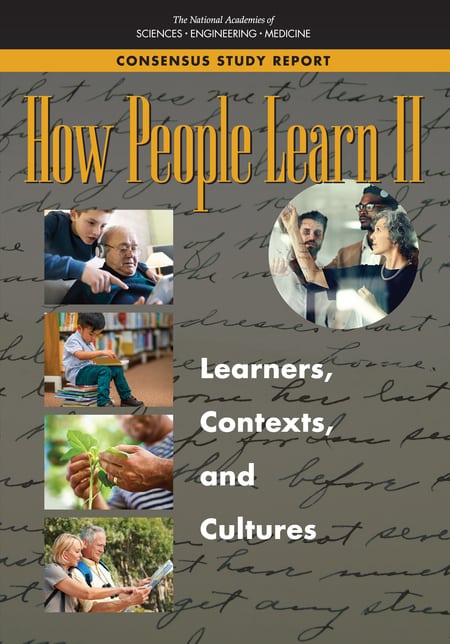


“We know that our elites are good at exploiting shocks and crisis and grief,” said Naomi Klein to the crowd that night. “And while we grieve, they take. And while we mourn, they move. And then we look up, and it’s too late.”

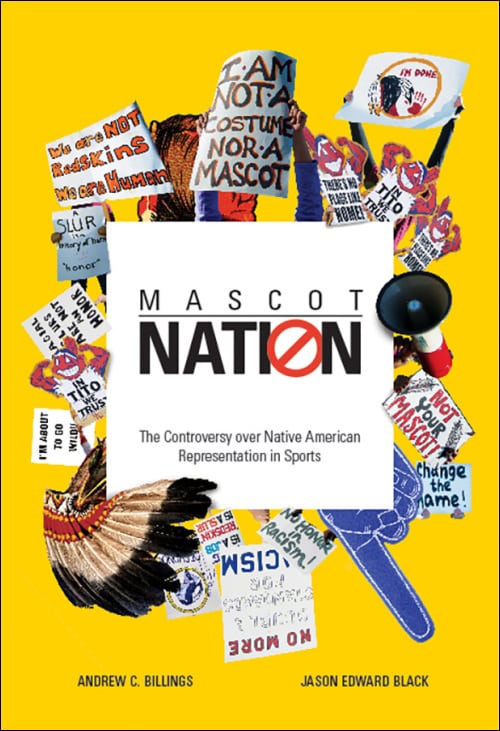
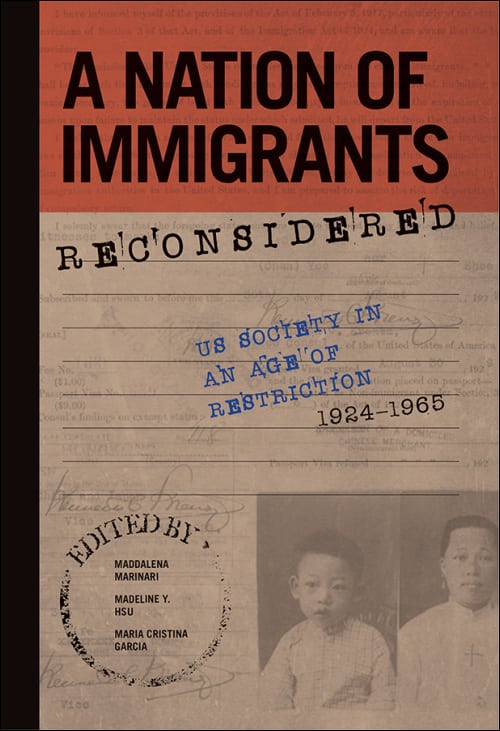
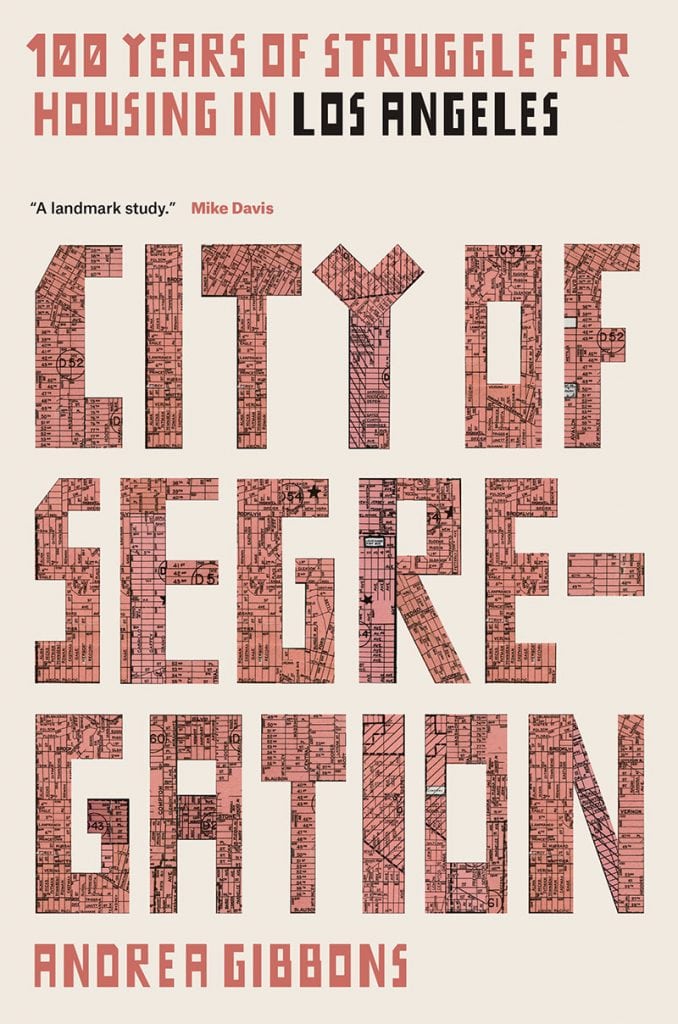

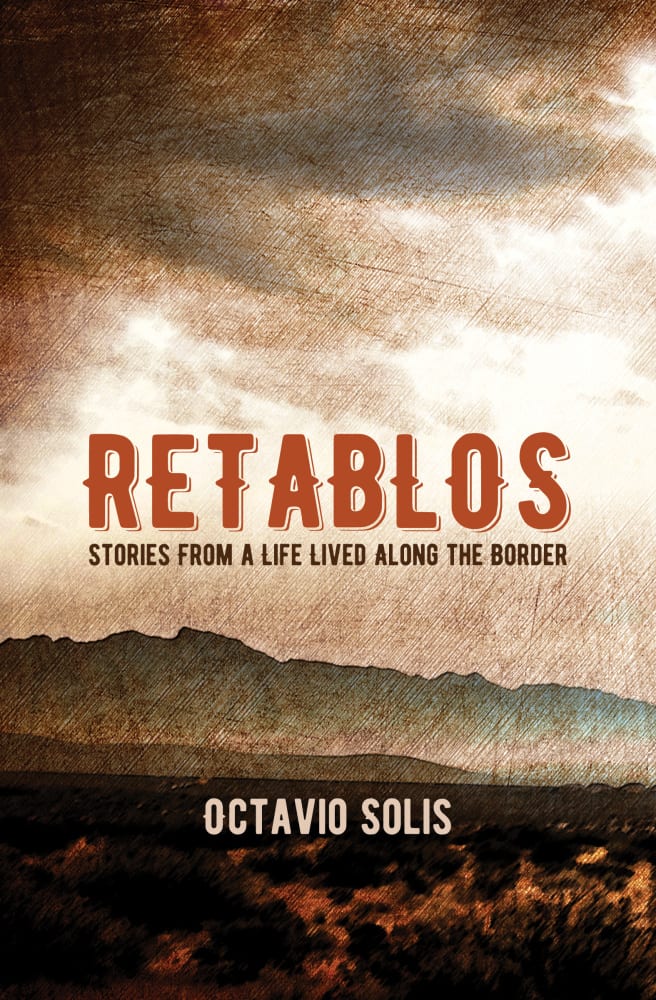
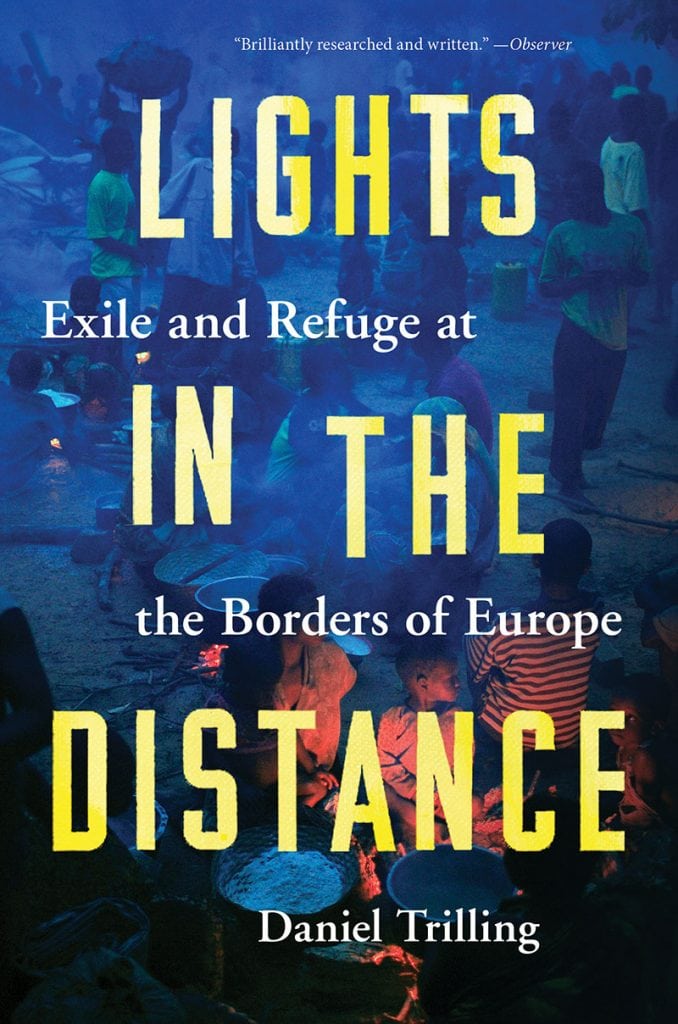

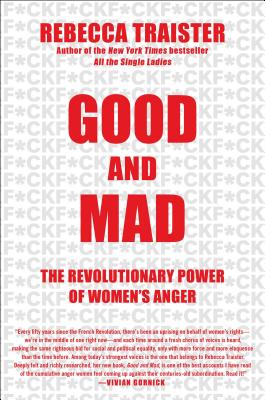
With eloquence and fervor, Rebecca tracks the history of female anger as political fuel—from suffragettes marching on the White House to office workers vacating their buildings after Clarence Thomas was confirmed to the Supreme Court. Here Traister explores women’s anger at both men and other women; anger between ideological allies and foes; the varied ways anger is perceived based on its owner; as well as the history of caricaturing and delegitimizing female anger; and the way women’s collective fury has become transformative political fuel—as is most certainly occurring today. She deconstructs society’s (and the media’s) condemnation of female emotion (notably, rage) and the impact of their resulting repercussions.
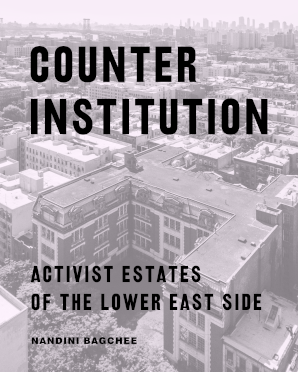

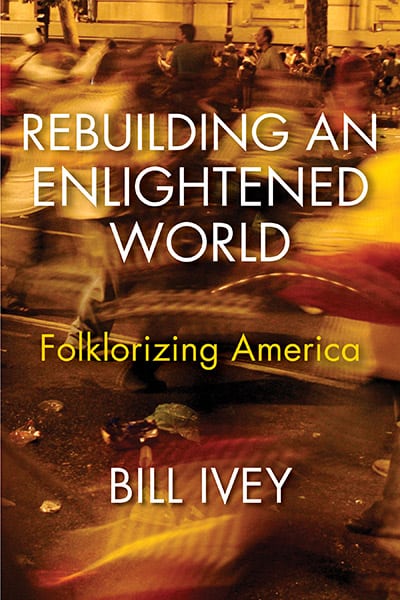

An architect and a photographer explore a community of squatters, artists, snowbirds, migrants, and survivalists inhabiting a former military base in the California desert.